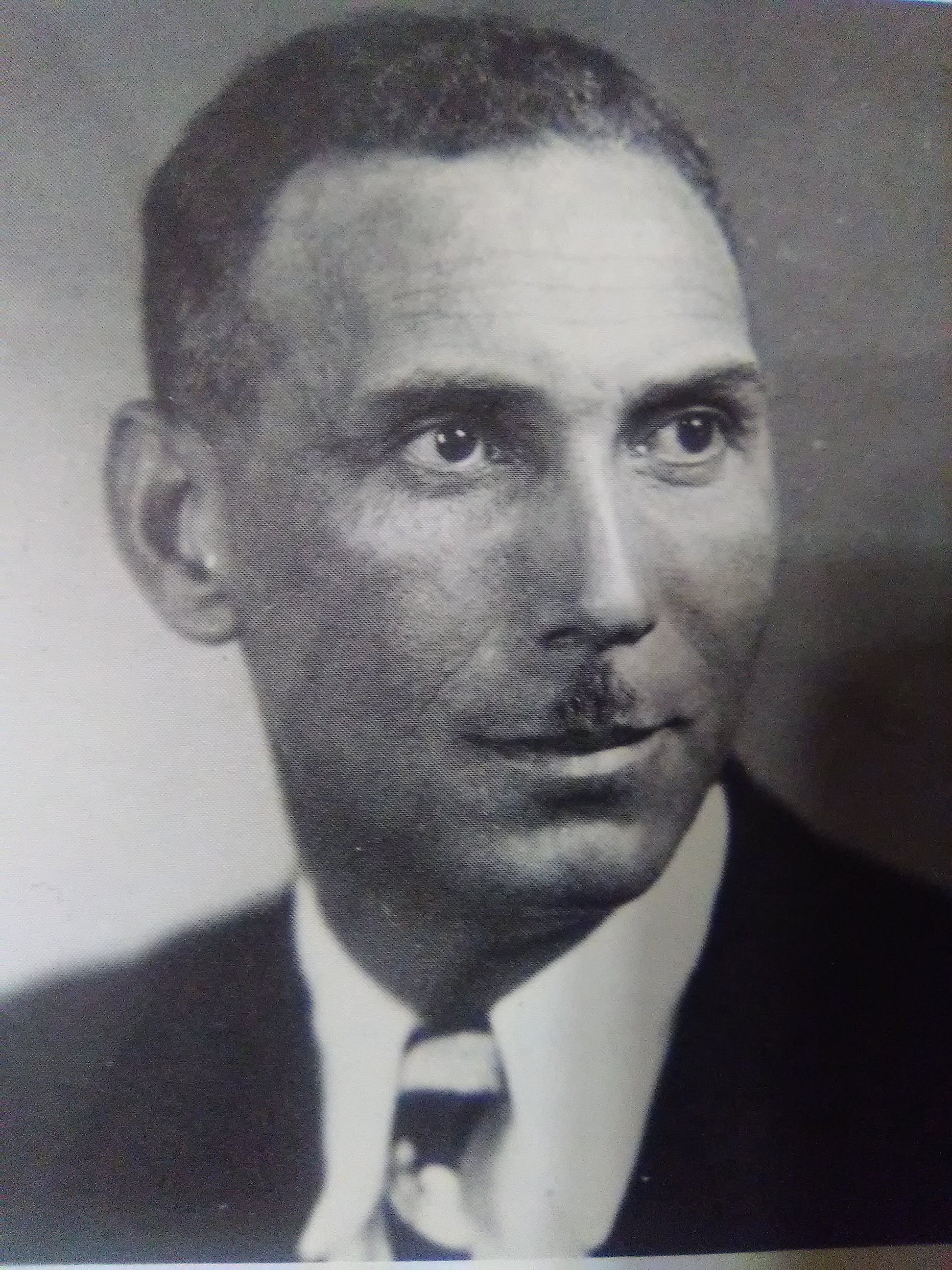Among her numerous novels, Byars won the most critical acclaim for The Summer of the Swans (1970), the story of a young girl named Sara and her experiences with her mentally handicapped brother, Charlie. This book won many honors, including the John Newbery Medal from the American Library Association. In total, Byars has written more than fifty books, including The Night Swimmers (1980), Wanted . . . Mud Blossom (1991), and Keeper of the Doves (2002).




































